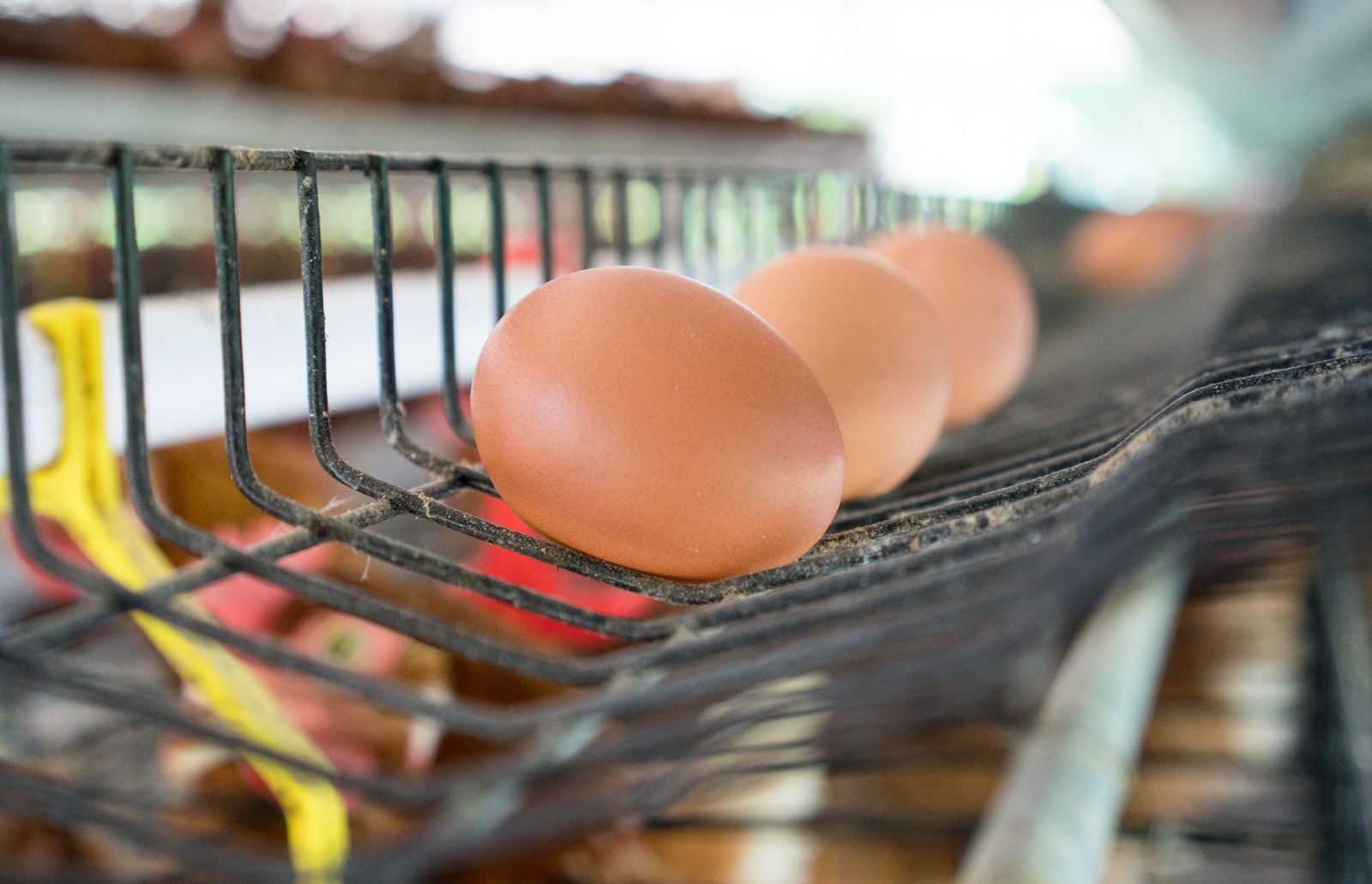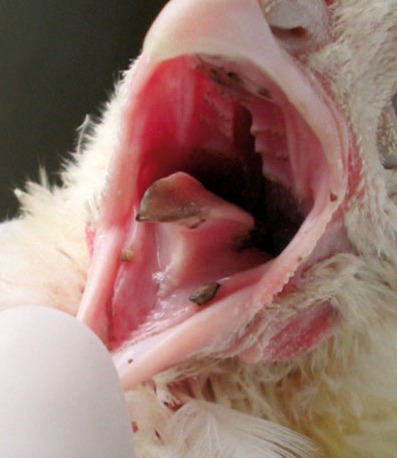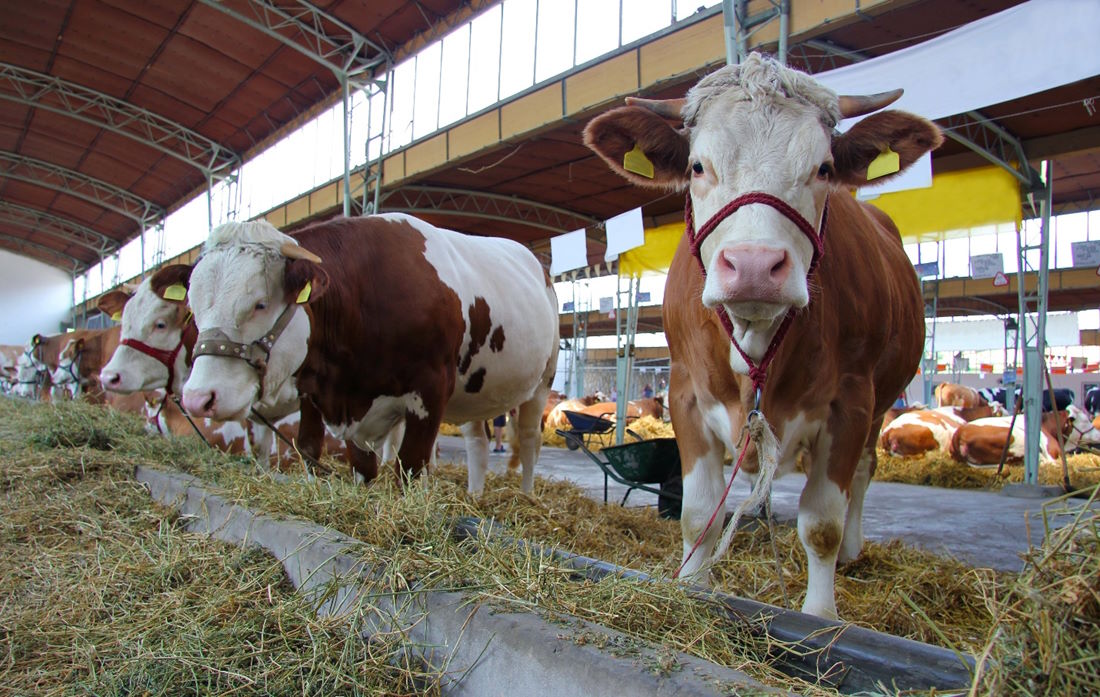
Improve egg quality in poultry farm!
Improving egg quality in a poultry farm involves several factors, including nutrition, management practices, and flock health. Here are some key strategies to enhance egg quality:
- Balanced Nutrition: Provide a well-balanced diet that meets the nutritional requirements of laying hens. Ensure that the feed contains the right levels of protein, carbohydrates, fats, vitamins, and minerals. High-quality ingredients and proper feed formulation are essential. Consider working with a poultry nutritionist to develop a customized diet that supports optimal egg quality.
- Calcium and Vitamin D: Calcium is crucial for shell formation. Include sufficient levels of calcium in the diet to meet the hens’ requirements. Vitamin D is necessary for calcium absorption. Ensure that hens have access to natural sunlight or provide artificial lighting with the appropriate spectrum to stimulate vitamin D synthesis.
- Water Quality: always Provide clean and fresh water to the hens. Poor water quality can impact egg quality and overall flock health. Regularly test the water for pH, bacterial contamination, and mineral levels to ensure it meets the recommended standards.
- Lighting Program: Implement an appropriate lighting program to stimulate egg production and maintain consistent egg quality. Provide a gradually increasing photoperiod, typically 14-16 hours of light per day, to optimize egg production. Ensure uniform lighting distribution within the poultry house to minimize stress and ensure proper ovulation.
- Nesting Boxes and Litter Management: Provide clean and comfortable nesting boxes for hens to lay their eggs. Ensure adequate access to nest boxes and keep them clean and free from broken eggs. Use appropriate bedding material, such as straw or shavings, to maintain cleanliness and reduce the risk of egg contamination.
- Egg Collection and Handling: Collect eggs frequently to minimize the risk of breakage and contamination. Handle eggs carefully and avoid rough handling or dropping. Maintain proper egg storage conditions, including temperature and humidity control, to preserve egg quality.
- Flock Health Management: Maintain a comprehensive flock health program that includes regular vaccinations, parasite control, and disease prevention measures. Monitor the flock for any signs of illness or stress and take appropriate actions promptly. Healthy hens are more likely to produce high-quality eggs.
- Environmental Control: Maintain optimal environmental conditions within the poultry house, including temperature, humidity, and ventilation. Fluctuations in temperature and humidity can affect egg quality. Proper ventilation is essential to remove ammonia and maintain good air quality.
- Genetic Selection: Choose high-quality breeds or strains known for their good egg production and quality characteristics. Selecting birds with desirable traits, including strong shell quality and good internal egg quality, can contribute to improved overall egg quality.
Regular monitoring of egg quality parameters, such as shell strength, shell color, yolk color, albumen quality, and egg weight, can help identify any deviations and guide necessary adjustments in management practices or nutrition. Working closely with a poultry nutritionist, veterinarian, or industry expert can provide valuable guidance and support in improving egg quality in a poultry farm.
Post a comment
You must be logged in to post a comment.







